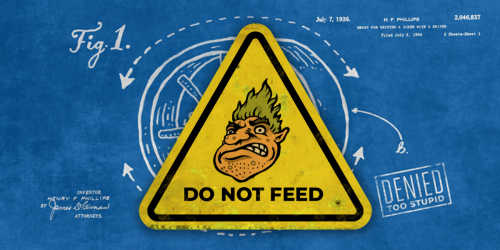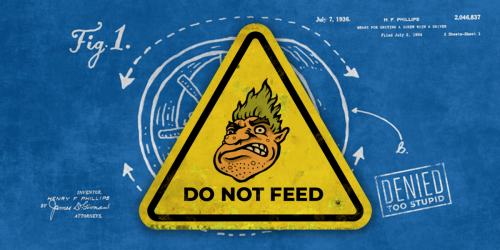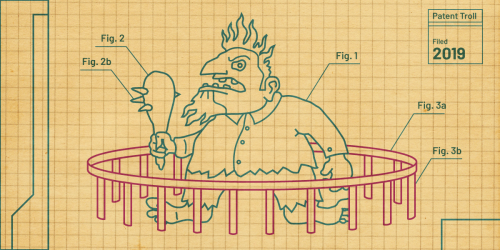The Supreme Court already has a list of digital civil liberties issues to consider in the near future, and that list is likely to grow.
If confirmed, President Donald Trump’s nominee to fill the late Justice Antonin Scalia’s seat on the Supreme Court—Judge Neil Gorsuch of the U.S. Court of Appeals for the Tenth Circuit—will be in a position to make crucial decisions affecting our basic rights to privacy, free expression, and innovation.
Privacy
The Supreme Court is being asked to consider a pair of cases dealing with law enforcement obtaining cell phone location records: the U.S. v. Graham ruling out of the Fourth Circuit Court of Appeals and the U.S. v. Carpenter out of the Sixth Circuit Court of Appeals. In both cases, the courts ruled that law enforcement did not need a warrant to obtain long-term, historical cell phone location data pinpointing a suspect’s location and movement.
EFF filed a brief asking the Supreme Court to consider the cases and arguing that previous rulings on the issue need to be reconsidered in light of how precise and revealing cell phone location data has become and as technology advances. “The dramatic increase in the number of cell phones and cell sites and the amount of detailed, sensitive location data they generate, combined with the quantity and extent of law enforcement demands for this data, show that it is time for this Court to address the Fourth Amendment privacy implications of [cell site location information],” we wrote.
Gorsuch’s rulings at the Tenth Circuit provide a possible glimpse of where he will come down on privacy issues. For instance, in a decision he wrote in U.S. v. Ackerman, Gorsuch found that Fourth Amendment protections apply in instances where a person or organization is searching emails on behalf of the government.
Free Speech
The Supreme Court is set to hear arguments on Packingham vs. North Carolina and consider the constitutionality of a North Carolina law that bans registered sex offenders from using online social media platforms that minors also access. In an amicus brief filed with the court, EFF and others argued that the state law violates the First Amendment.
Innovation and Fair Use
The Supreme Court has agreed to hear arguments in TC Heartland v. Kraft, a case centering on whether TC Heartland can have the infringement case against it considered in the company’s home state of Indiana instead of Delaware. EFF has supported TC Heartland, and a ruling in favor of reasonable venue limits could help tamp down on abusive patent lawsuits, which are often brought in the Eastern District of Texas despite any actual ties to that location because that court is perceived as being friendly to abusive suits.
The Supreme Court has also agreed to hear arguments in Impression Products v. Lexmark, a case about patent exhaustion, or whether a patent holder can put limits on how a customer can use, resell, tinker with, or analyze a patented product the customer has purchased. In a brief filed to the Supreme Court, we and others argued that allowing patent owners to control goods after sale threatens all sorts of activities—like security research, reverse engineering, and device modification.
The Court may also consider Lenz v. Universal, aka the dancing baby case, which centers around an individual whose fair use video was removed from YouTube because it had a Prince song playing in the background. In a brief filed for the petitioner, EFF argued that copyright holders should be held accountable if they force content to be taken down based on unreasonable charges of infringement. The Court has not yet decided whether to take the case but has asked for the Solicitor General’s views.
The Supreme Court has also been asked to consider whether the Patent Trial and Appeals Board should use the standard of common sense and knowledge of a skilled artisan to gauge the obviousness of a patent in the case Google v. Arendi. EFF has encouraged the court to take up the case, arguing that the court should bolster the country’s patent system by setting a stricter standard for obviousness.









